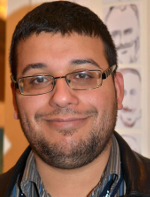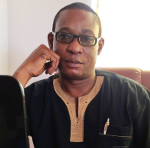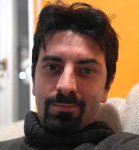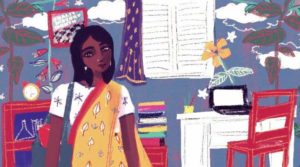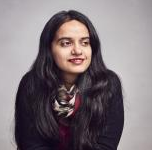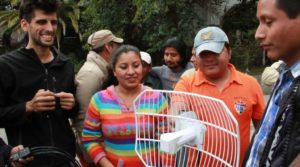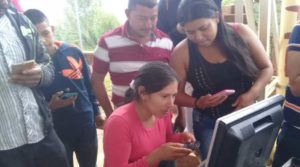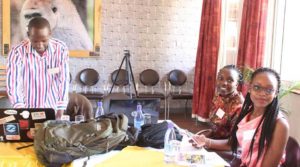Between October 2016 and May 2017, the first edition of the Diploma Course for Community Promoters in Telecommunications and Broadcasting was held in Mexico. Two member organisations of APC collaborated in this process: Rhizomatica, who taught the community cellular networks module, and AlterMundi, who led the module on wireless internet networks. The coordination for the diploma course was conducted by Redes por la Diversidad, Equidad y Sustentabilidad A.C. and Palabra Radio.
Overall, the project involved 17 Mexican organisations that have been collaborating since 2012 in a participatory research process to understand the concepts that should be reinforced for indigenous communicators. Based on the results of this research, the need to coordinate efforts in the technical training of organisations working with community and indigenous media was detected.
The course consisted of eight modules that included topics around community communication and technology, electricity, electronics, free/libre software, broadcasting, community cellular networks, wireless internet networks, legal frameworks and sustainability. The course was attended by community communication organisations from six Mexican states, and a total of 36 participants. The knowledge that was socialised during the diploma course was accompanied by the provision of tools and equipment to the participants through four new regional technological laboratories.
Image source: Techio Comunitario.

